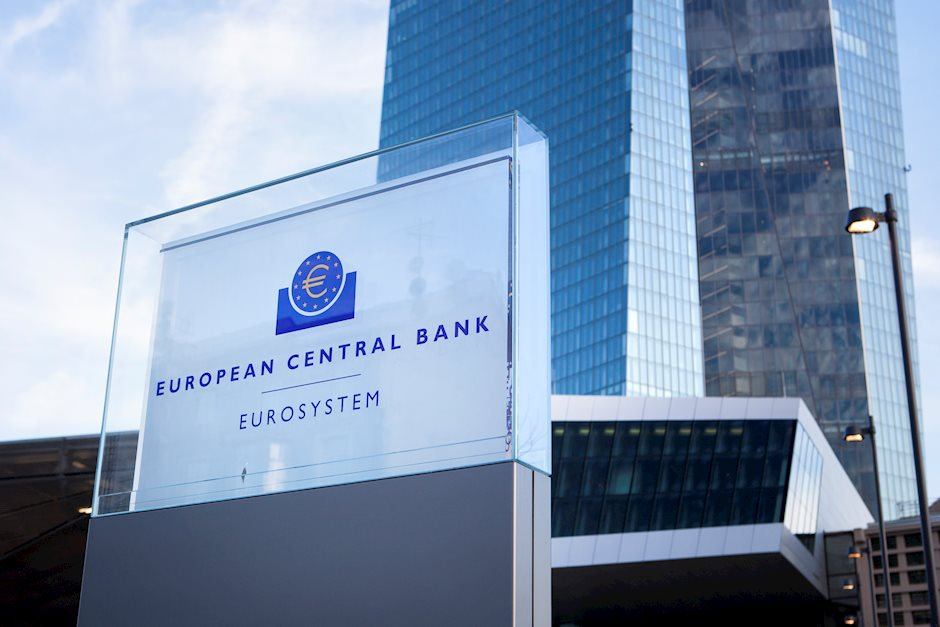ECB and US Fed decide on interest rates

ECB to raise key interest rates further
Next week, the Governing Council of the ECB will meet and will most likely decide to raise key interest rates by 25 basis points (bp). The data since the last meeting in early May suggests a continuation of the existing stance.
The Governing Council has determined that interest rate decisions will be tied to three criteria. Not much should change in the inflation outlook. The ECB economists' new inflation forecasts, which will be published next week, should at most change slightly from the March forecasts. To be sure, the forecasts will continue to show a significant decline in inflation over the coming years. However, the ECB has already found this trend too slow in the past. Thus, the ‘too high for too long’ assessment should be repeated next week. The assessment of underlying inflation should not change either. Core inflation (inflation excluding energy and food prices) did show a clear weakening of momentum in May, but this should hardly make an impression on the Governing Council. This would require several values pointing in the same direction. Underlying inflation will thus probably continue to be characterized as strong. On the third criterion, the strength of monetary policy transmission, the Governing Council noted at the last meeting that past rate hikes had a clear impact on financing conditions, while the impact on the real economy would still be uncertain. This, too, should change little, at best. Some ECB representatives had also recently noted initial effects on the economy. However, this is too little to have an impact at the upcoming Governing Council meeting.
As far as the path ahead is concerned, the Governing Council will not give any clear indications next week either. Only the formulation that there is still more ground to cover should be repeated, signaling that interest rates are likely to rise further. Ultimately, however, everything will depend on the development of the upcoming data. We expect another 25bp hike in key rates in July. The momentum of core inflation should weaken during the coming months, so that interest rates should be left unchanged from the September meeting of the ECB Governing Council. Overall, inflation developments, and thus the ECB's further monetary policy beyond July, remain uncertain. A weak economy, destocking in the manufacturing sector and falling energy prices are the main arguments in favor of weaker inflation and thus a foreseeable end to interest rate hikes. On the other hand, there is the surprising extent to which companies have been able to raise prices so far. The extent to which higher wage costs will be passed on will be the decisive question for further inflation developments.
Will US Fed pause?
The Fed's interest rate-setting body (FOMC) will also be deliberating next week. As a result, we expect key rates to remain unchanged. However, the data situation is not clear, so that a rate hike of 25 basis points (bp) cannot be ruled out.
The risks arising from the turbulence in the US banking sector in March and April argue in favor of unchanged interest rates. This has already left its mark on commercial loans, in particular. Outstanding volumes have fallen. Overall, however, the impact is still limited, but the question is how far lending will still soften. This unpredictability, together with the interest rate level already reached, which is clearly restrictive, should allow the FOMC to pause at least once next week. Recent statements from some members of the panel also point in this direction, in our view. On the other hand, there is important economic data. The economic data so far for the current quarter suggests average growth, which the FOMC believes is too high to tame inflation. Labor market data shows continued strong demand for workers. Perhaps most important, however, is the lack of progress in further reducing core inflation (inflation excluding food and energy prices) during recent months. Here, the monthly inflation rate stagnated at too high a level relative to the Fed's inflation target. The first day of the two-day FOMC meeting will see the release of May inflation data, which will feed into the FOMC's decision. A stronger monthly increase in core inflation could swing the pendulum towards a 25bp hike. However, we do not expect this to happen. More likely for us is a weakening of inflationary pressures.
The result of the new survey of FOMC meeting participants will also be published after the meeting. In it, meeting participants will give their projections for key macro variables. As always, the focus of the markets' interest will be on projections for the key interest rate. In March, the median projection for the end of 2023 was in line with what the policy rate has now already reached. The question is whether the survey participants will leave their expectations unchanged or raise them; a cut can be all but ruled out. This will be an important signal for the markets. Currently, the market is pricing in another rate hike during the coming months by a narrow margin.
We assume that there will be no further interest rate hikes in the US. The reason is that we expect core inflation to subside soon, which should come mainly from weaker momentum in rent, but also in goods. In addition, the US economy should weaken as a result of weakening borrowing.
Author

Erste Bank Research Team
Erste Bank
At Erste Group we greatly value transparency. Our Investor Relations team strives to provide comprehensive information with frequent updates to ensure that the details on these pages are always current.

















